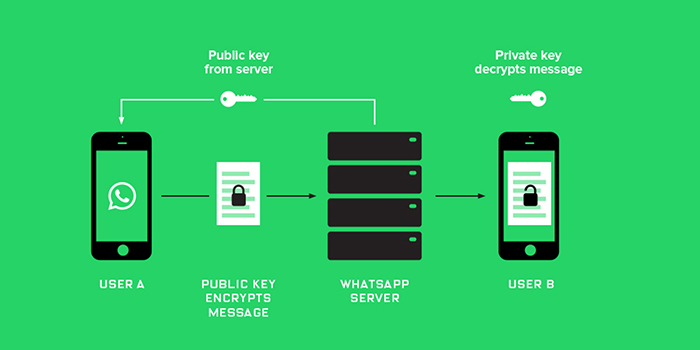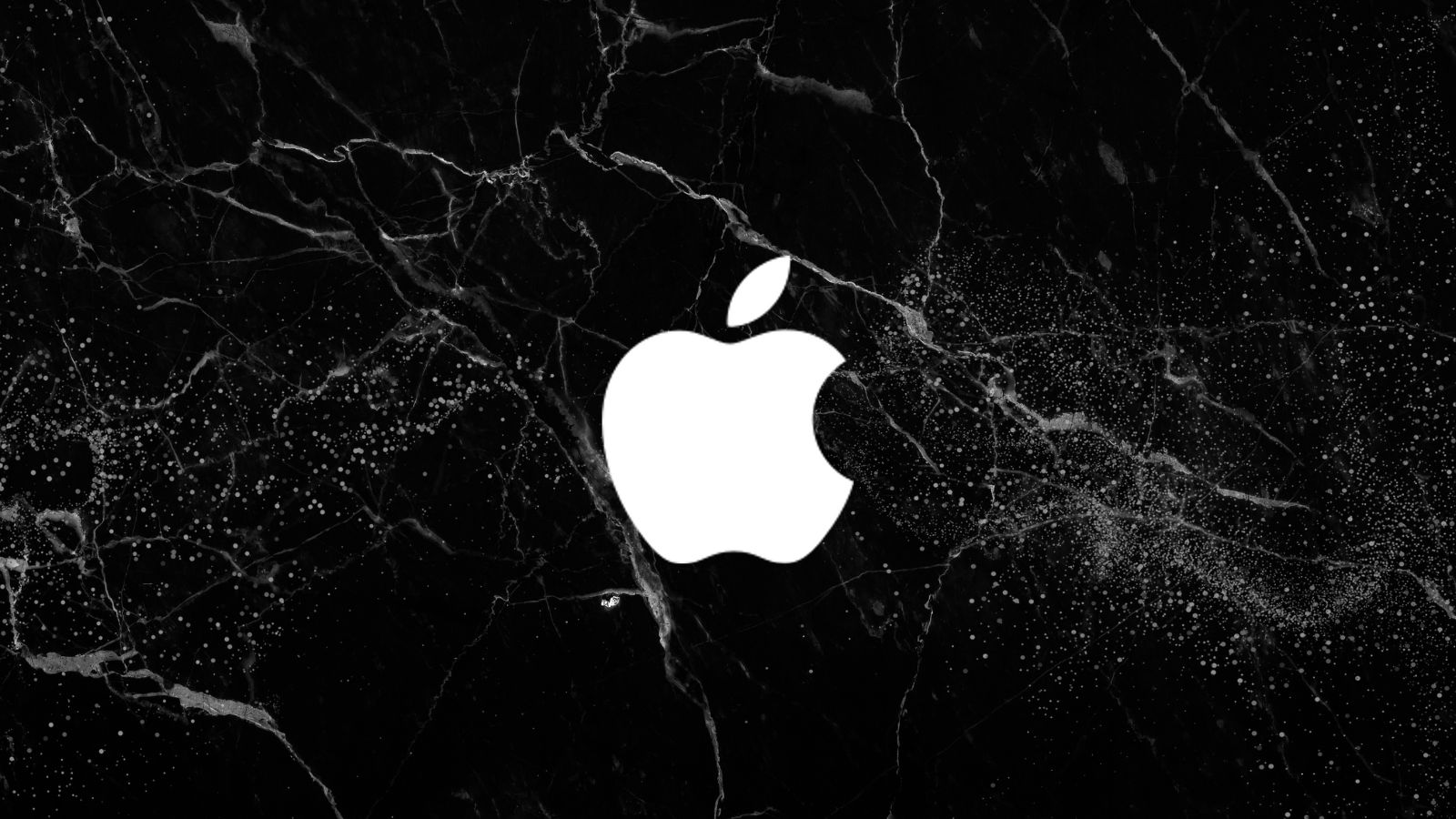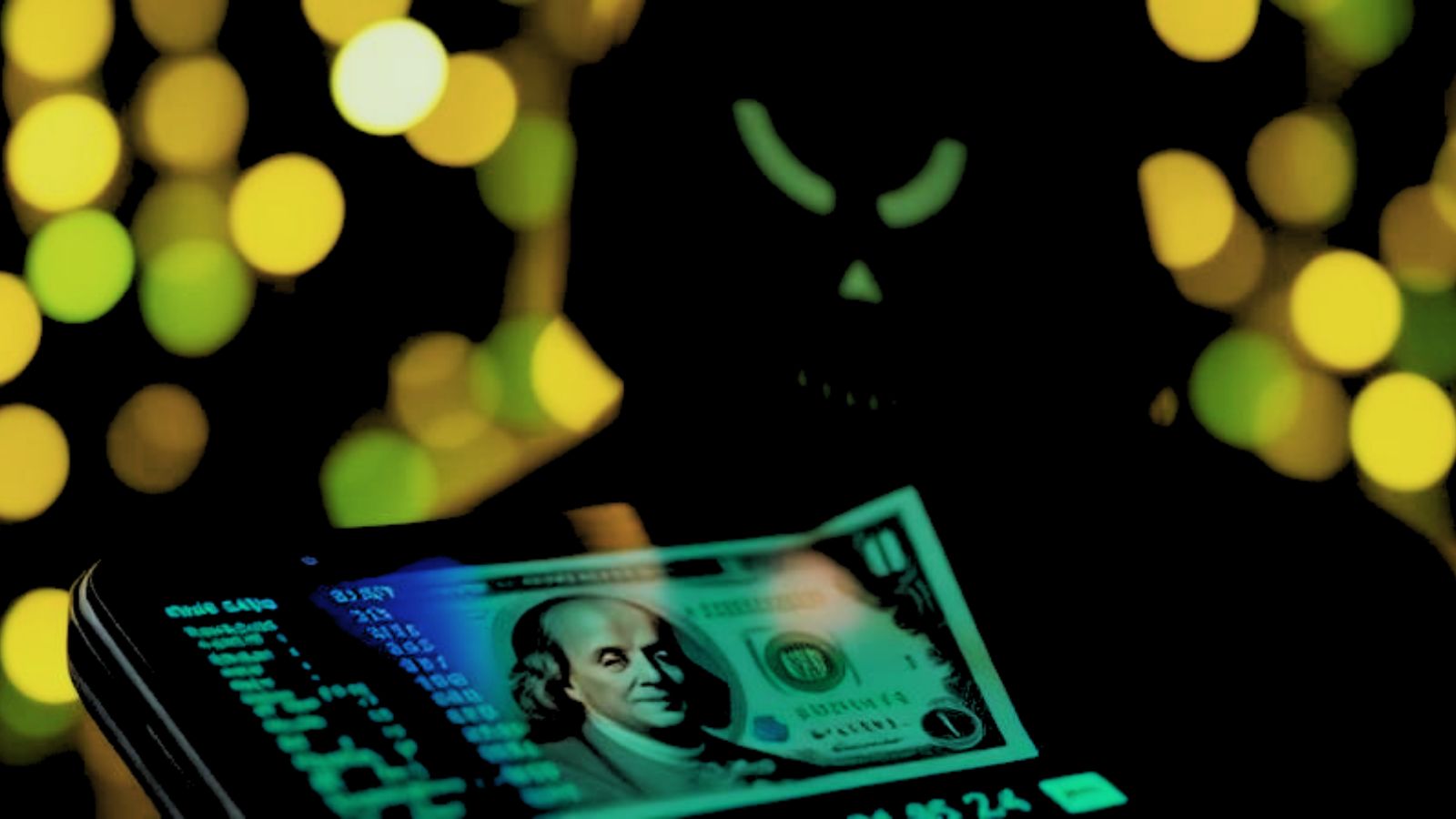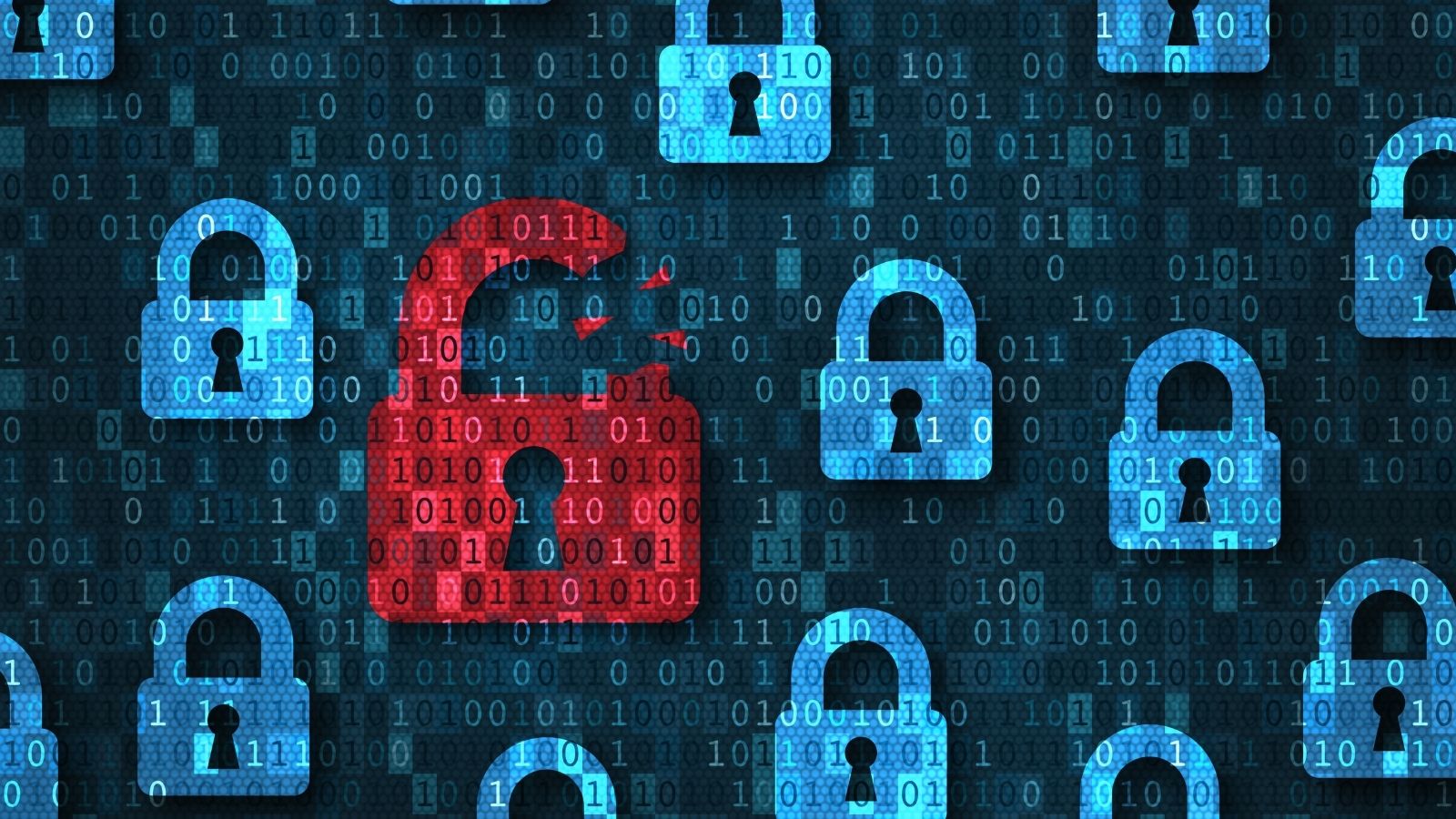
What Is End-to-End Encryption And Why Is Facebook Using It
- Facebook talks about end-to-end encryption.
- There are good and bad sides of this type of communication.
- Companies give some information to the government in order to keep people safe.
In order to educate people about their products and address the impact of those products to society, Facebook has been publishing a series of articles called "Hard Questions". The latest article in the series talks about the reasons why Facebook is enabling end-to-end encryption on its Messenger.
Currently, all WhatsApp messages have this type of encryption enabled by default, while in the Facebook Messenger, users can opt-in this feature for an extra layer of protection. The way it works is encrypted messages are secured with a specific lock. Only sender and recipient have the key to this lock, so only they can see the content of the message. Messages encrypted in this way cannot be intercepted and spied on.
Image Courtesy Of: SD-sciencedan
The company says that end-to-end encryption is a very useful tool which protects the privacy of communication in some of the most sensitive relationships between doctors and patients, journalists and their sources, etc.
But this kind of freedom has its downside too. As Gail Kent, Global Public Policy Lead on Security, states, the end-to-end encryption makes it harder for the company to figure out if someone is misusing their platform for scams but also for law enforcement to catch the bad guys before anyone gets hurt.
In order to find the middle ground, WhatsApp does collect partial user information during these encrypted conversations. So, even though the content of these messages stays hidden, WhatsApp can provide some of the user information to the law enforcement after the company receives a valid legal request to help the authorities close in on the suspect.
The company understands that working with the government in this way can be controversial and that is why twice a year it releases Transparency report which lays out every government request they get across Facebook, WhatsApp, Instagram, and Messenger.









